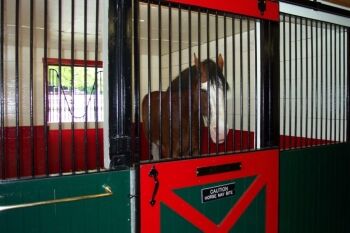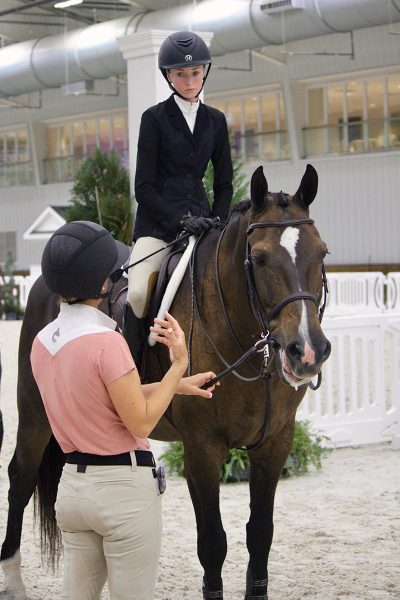How to Correct Bad Habits in Horses

Correcting bad habits in horses is essential for their health, safety, and performance. This guide will walk you through understanding common bad habits, their causes, and effective strategies to address them.
Common Bad Habits in Horses
| Habit | Description | Potential Causes |
|---|---|---|
| Cribbing | Biting on wood or objects and sucking air | Boredom, stress, digestive issues |
| Weaving | Swaying back and forth repetitively | Anxiety, confinement |
| Stall Walking | Pacing in the stall repeatedly | Stress, lack of exercise |
| Bolting | Running away suddenly | Fear, poor training |
| Pawing | Scratching the ground with hooves | Impatience, discomfort |
Causes of Bad Habits
Understanding why horses develop bad habits is crucial. Common causes include:
- Boredom and Lack of Stimulation: Horses are intelligent and social animals that need mental and physical engagement.
- Stress and Anxiety: Changes in environment, routine, or social structure can trigger stress behaviors.
- Physical Discomfort: Pain or digestive problems may lead to habits like cribbing.
- Improper Training or Handling: Inconsistent or harsh training can cause fear or frustration.
Strategies to Correct Bad Habits
1. Identify the Root Cause
- Observe your horse’s environment and behavior.
- Consult a veterinarian to rule out medical issues.
2. Improve Environment and Routine
- Provide ample turnout time and social interaction.
- Use toys or enrichment tools to reduce boredom.
3. Consistent Training and Handling
- Employ positive reinforcement techniques.
- Avoid punishment that may increase anxiety.
4. Use Physical Aids When Necessary
- Cribbing collars or anti-weaving devices can help but should be used alongside behavioral strategies.
5. Professional Help
- Engage a qualified trainer or equine behaviorist for persistent issues.
FAQ
Q1: How long does it take to correct a bad habit?
A: It varies depending on the habit and the horse, but consistent effort over weeks to months is usually required.
Q2: Can bad habits cause health problems?
A: Yes, habits like cribbing can lead to dental wear and digestive issues.
Q3: Is it possible to prevent bad habits?
A: Yes, by providing proper care, training, and a stimulating environment.
Summary
Correcting bad habits in horses involves understanding the causes, improving their environment, consistent training, and sometimes professional intervention. Patience and dedication are key to helping your horse develop healthier behaviors.
This article structure is designed to be SEO-friendly by including relevant keywords, clear headings, and user-friendly formatting such as tables and FAQs to enhance readability and engagement.
